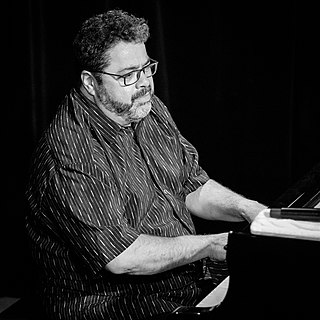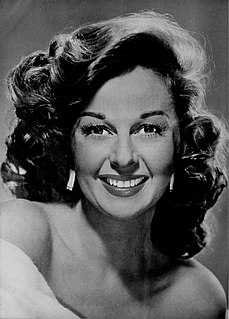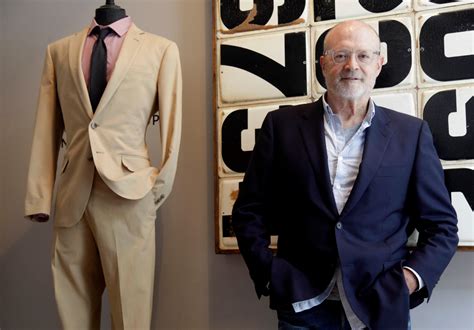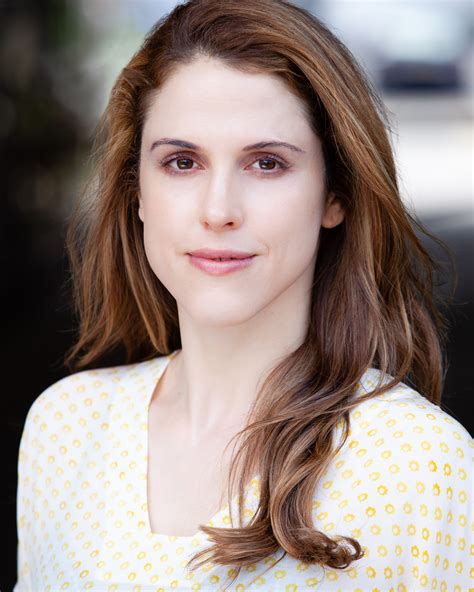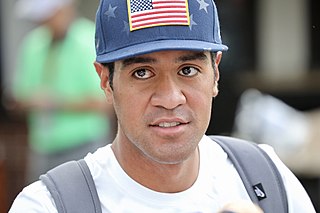A Quote by Mildred Dresselhaus
The Bronx, I remember, was a very poor neighborhood, but that was all that immigrants could afford at that time. Life was tough. I grew up - my father didn't have a job, but there weren't too many people who did have jobs.
Related Quotes
I grew up on welfare in the South Bronx; I had a very tough upbringing in that neighborhood. Reading books like The Four Agreements, A Return to Love, and The Power of Now helped me to overcome many internal battles. Had I not worked on myself, put value in myself, I would not have the loving and supportive people that I have right now in my life, including my husband and children
In my childhood I was obsessed with cameras but could not afford one. After much persuasion my father Harivansh Rai Bachchan bought me a box camera which I treasured for years. Initially I clicked trees and nature and as I grew up started noticing prettier things-motorbike, sleek cars and cool girls. But the hamartia of life is when you desire something you cannot afford it and when you are able to afford it you are too old to use it. Now I don't need all gadgets but it's satisfying to know that at least I can afford them.
I grew up in an environment with virtually no Hispanics where you see only people in your culture in custodial jobs. I had a messed up image of what we bring to this nation. My father was known as a pioneering figure in Cuban music, but I still associated him with everything that was negative in my neighborhood. I could not have been more mistaken.
When you live in a poor neighborhood, you are living in an area where you have poor schools. When you have poor schools, you have poor teachers. When you have poor teachers, you get a poor education. When you get a poor education, you can only work in a poor-paying job. And that poor-paying job enables you to live again in a poor neighborhood. So, it's a very vicious cycle.
I learned at a very early age that life is a battle. My family was poor, my neighborhood was poor. The only way that I could get away from the awfulness of life, at that time, was at the movies. There I decided that my big aim was to make money. And it was there that I became a very determined woman.
I mean, I've always felt like a lot of people's misconceptions of me have to do with how I grew up. I grew up poor, and I grew up rich. I think some people who have never met me have a misconception that when I was living with my father when he was successful, that I was somehow adversely affected by his success or the money he had and was making at the time.
It is a commonplace of American life that immigrants have made our country great and continue to make a very important contribution to the fabric of American life. But...under the pressures we face today, we can't afford to lose control of our borders, or to take on new financial burdens, at a time when we are not adequately providing for the jobs, the health care, and the education of our own people. Therefore, immigration must be a priority for this administration.





